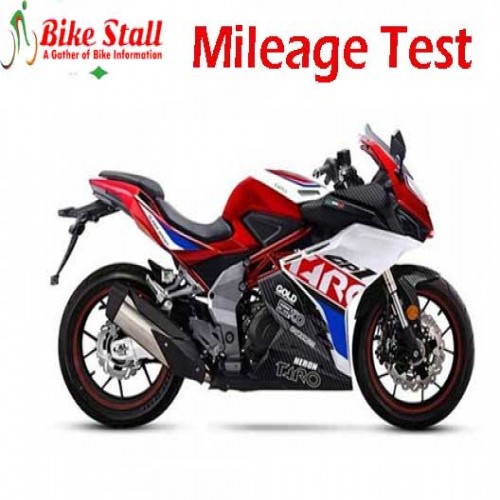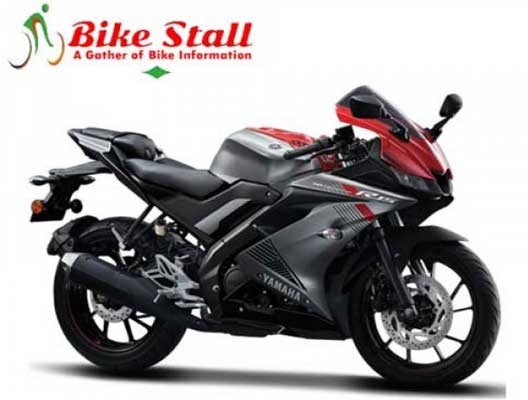How to increase Mileage in a Motorcycle? : Top Tips for Better Mileage

Increasing mileage (fuel efficiency) in a motorcycle involves various strategies and maintenance practices. Improving your motorcycle's mileage not only saves you money on fuel but also contributes to a greener environment. Here are some tips to help you increase mileage in your motorcycle:
-
Proper Maintenance:
- Regularly service your motorcycle, including oil changes, air filter cleaning or replacement, and spark plug checks or replacements. Well-maintained engines tend to run more efficiently.
-
Tire Pressure:
- Maintain the correct tire pressure as recommended by the manufacturer. Under-inflated tires can increase rolling resistance, reducing mileage.
-
Smooth Riding:
- Avoid abrupt acceleration, harsh braking, and rapid throttle changes. Smooth, gradual inputs to the throttle and brakes can significantly improve mileage.
-
Aerodynamics:
- Reduce wind resistance by tucking in your body and using a windshield if available. Riding with your body closer to the motorcycle can reduce drag.
-
Use High-Quality Fuel:
- Use the type of fuel recommended by your motorcycle's manufacturer. Higher octane fuel may not necessarily improve mileage unless your engine requires it.
-
Fuel Injection and Carburetor Adjustment:
- Ensure your motorcycle's fuel injection system or carburetor is properly adjusted for the best fuel-to-air ratio. This is usually done during regular servicing.
-
Lighten the Load:
- Remove unnecessary items and baggage from your motorcycle. Extra weight can decrease mileage.
-
Proper Gear Shifting:
- Shift gears smoothly and at the right RPM range for your motorcycle. Riding in a lower gear than necessary can decrease fuel efficiency.
-
Idle Time:
- Avoid excessive idling. If you're stopped for more than a minute, turn off the engine.
-
Reduce Engine Load:
- Limit the use of accessories that draw power from the motorcycle's electrical system, such as heated grips or additional lighting.
-
Streamline Your Riding Style:
- Plan your routes to avoid traffic and stop-and-go situations whenever possible. Smooth, continuous riding at a constant speed is more fuel-efficient.
-
Regularly Clean and Lubricate the Chain:
- A clean and well-lubricated chain reduces friction and improves overall efficiency.
-
Weight Reduction:
- Consider replacing heavy components with lighter ones, but do so carefully, as this can affect the bike's handling and safety.
-
Use Synthetic Oil:
- Some riders find that using synthetic oils can improve engine efficiency and reduce friction.
-
Ride at Moderate Speeds:
- Riding at moderate speeds can significantly improve mileage. High speeds create more air resistance and require more fuel.
-
Engine Tuning:
- Consider getting your motorcycle's engine tuned by a professional to optimize performance and fuel efficiency.
Remember that individual results may vary, and some motorcycles are inherently more fuel-efficient than others. It's essential to strike a balance between these tips and adapt them to your specific riding conditions and motorcycle model. Regularly monitor your mileage to track the effectiveness of these strategies and consult with a mechanic or motorcycle expert for personalized advice if needed.


